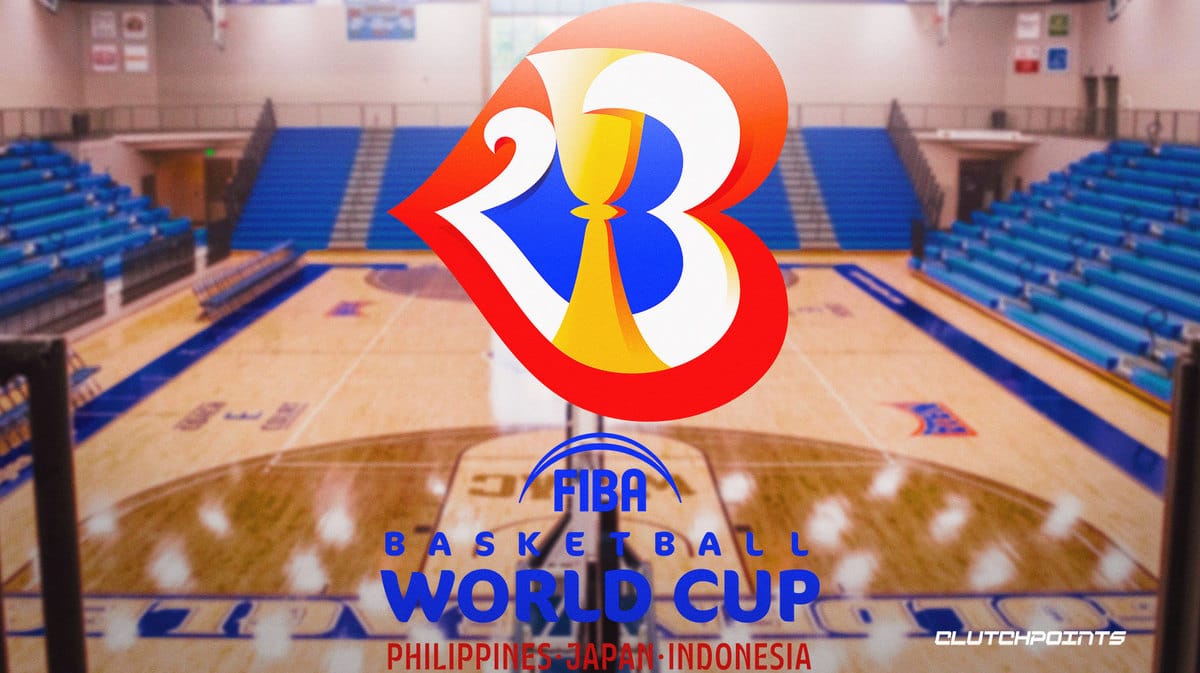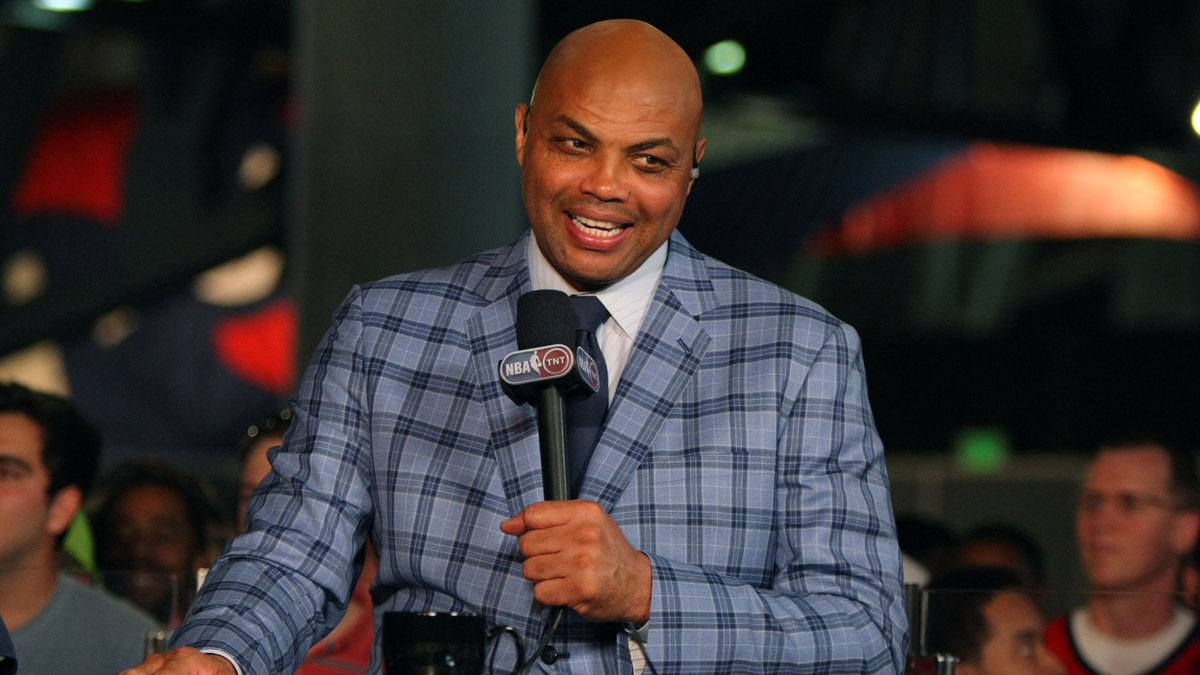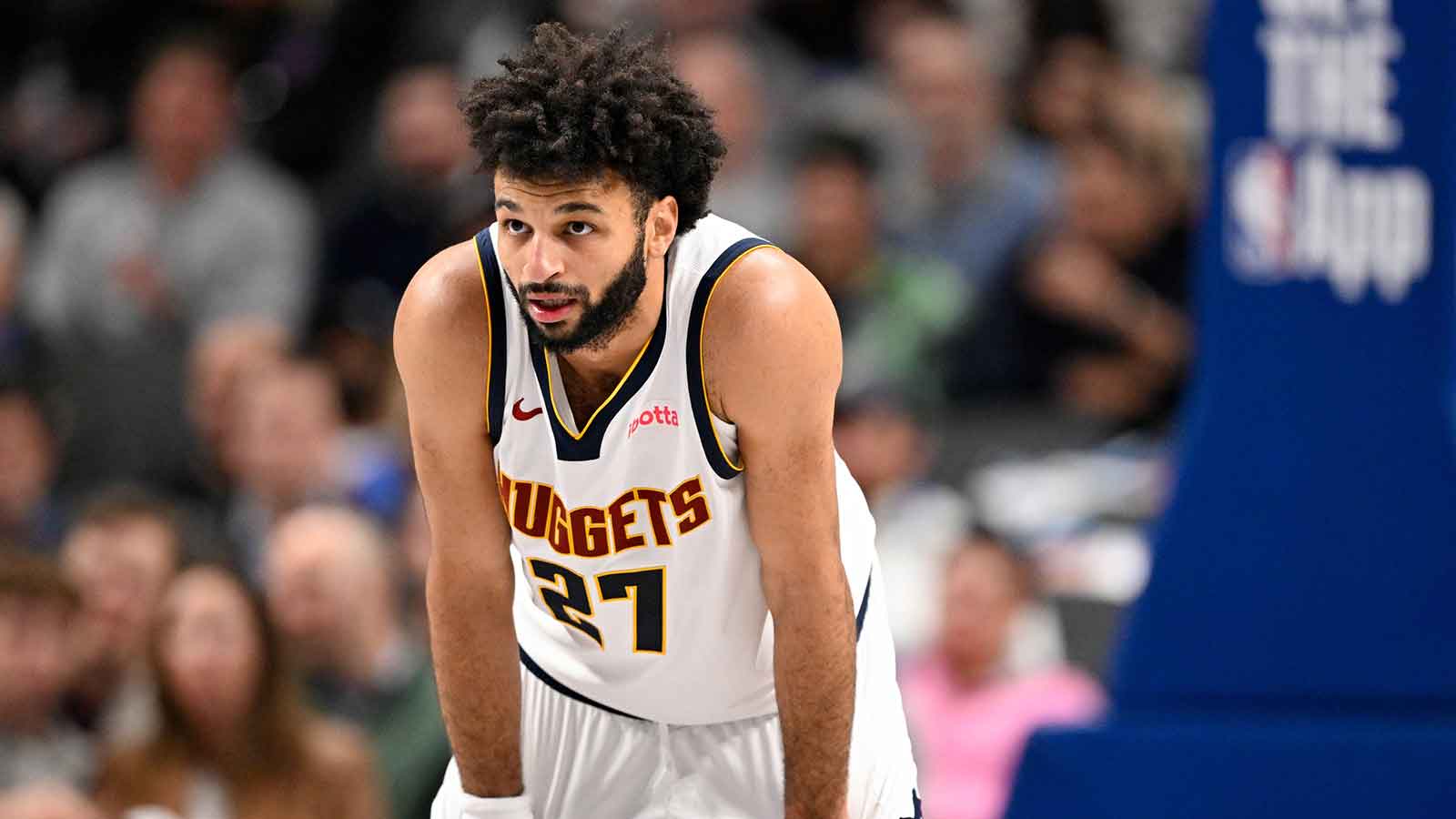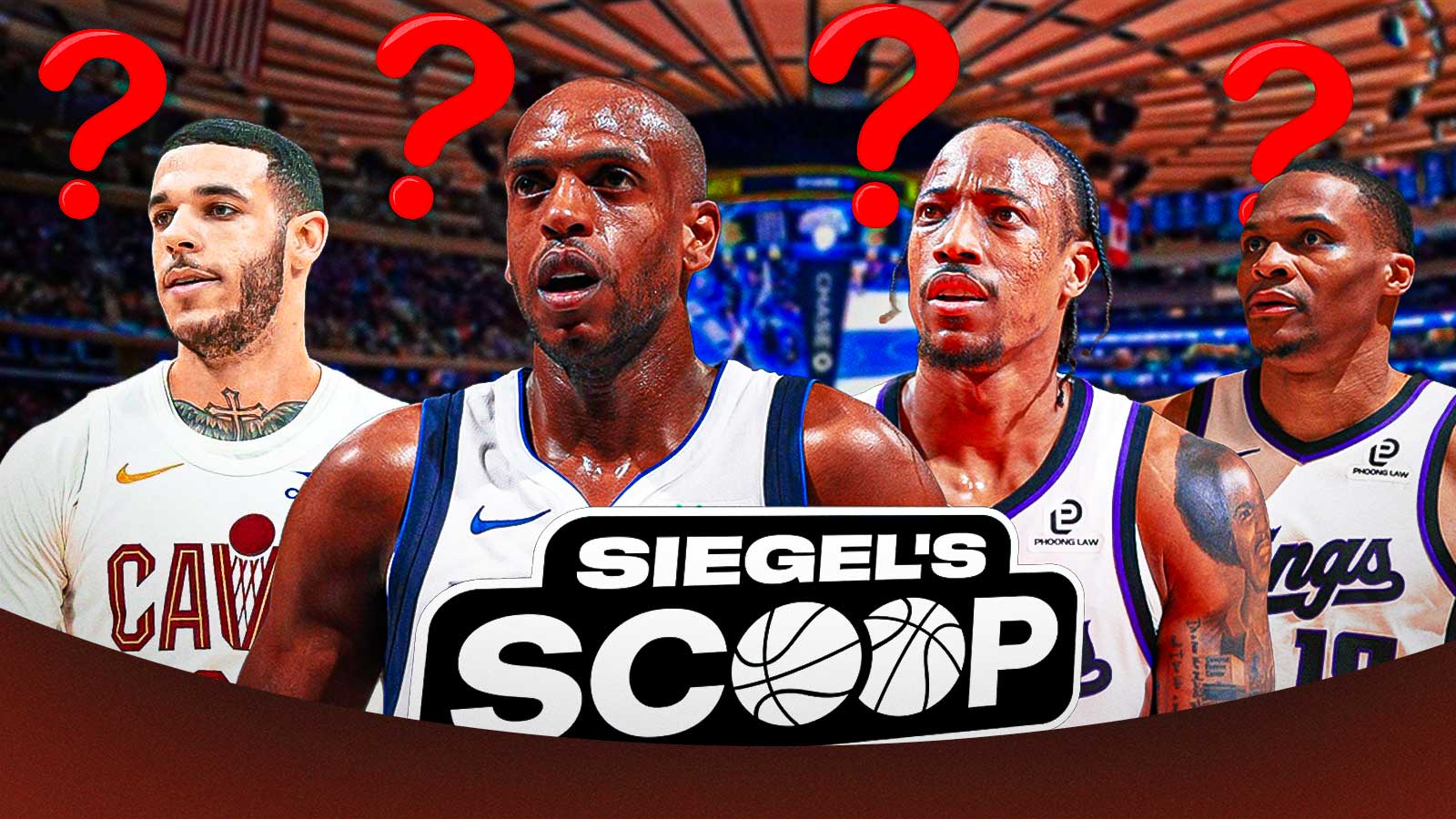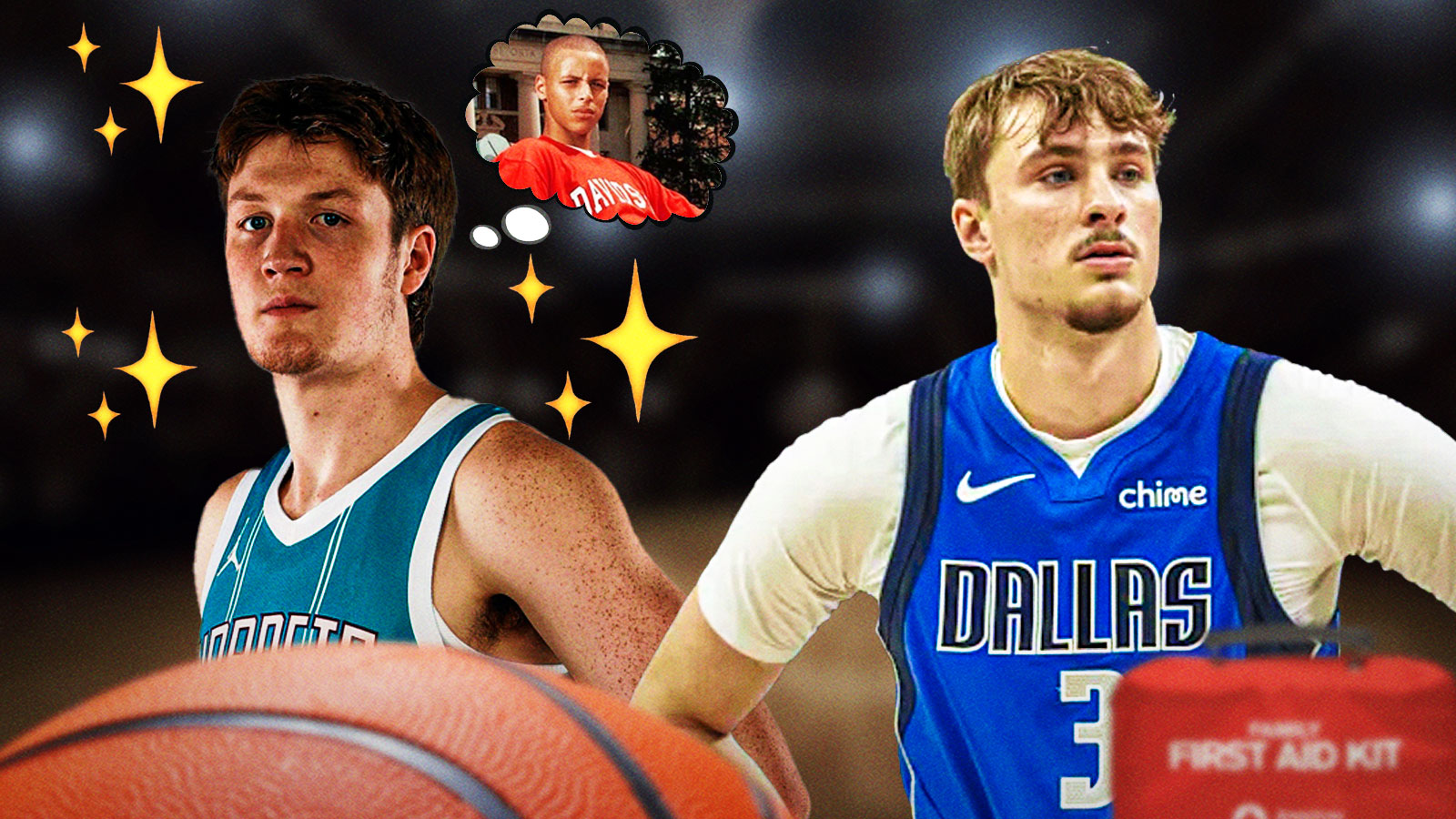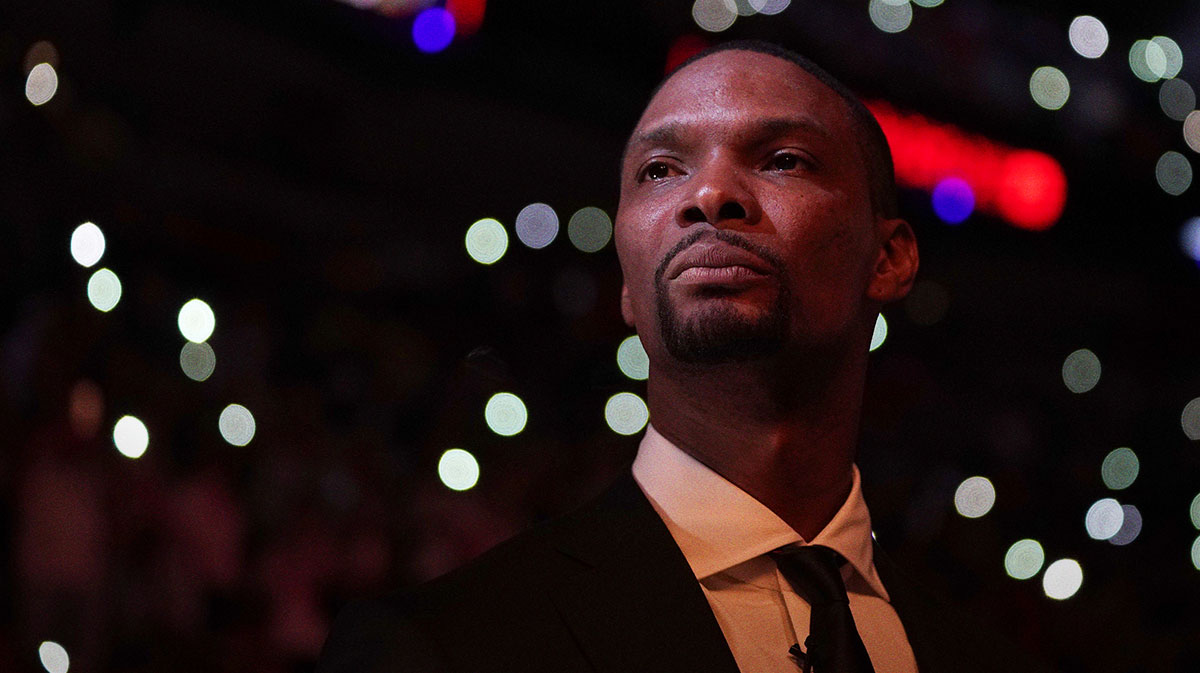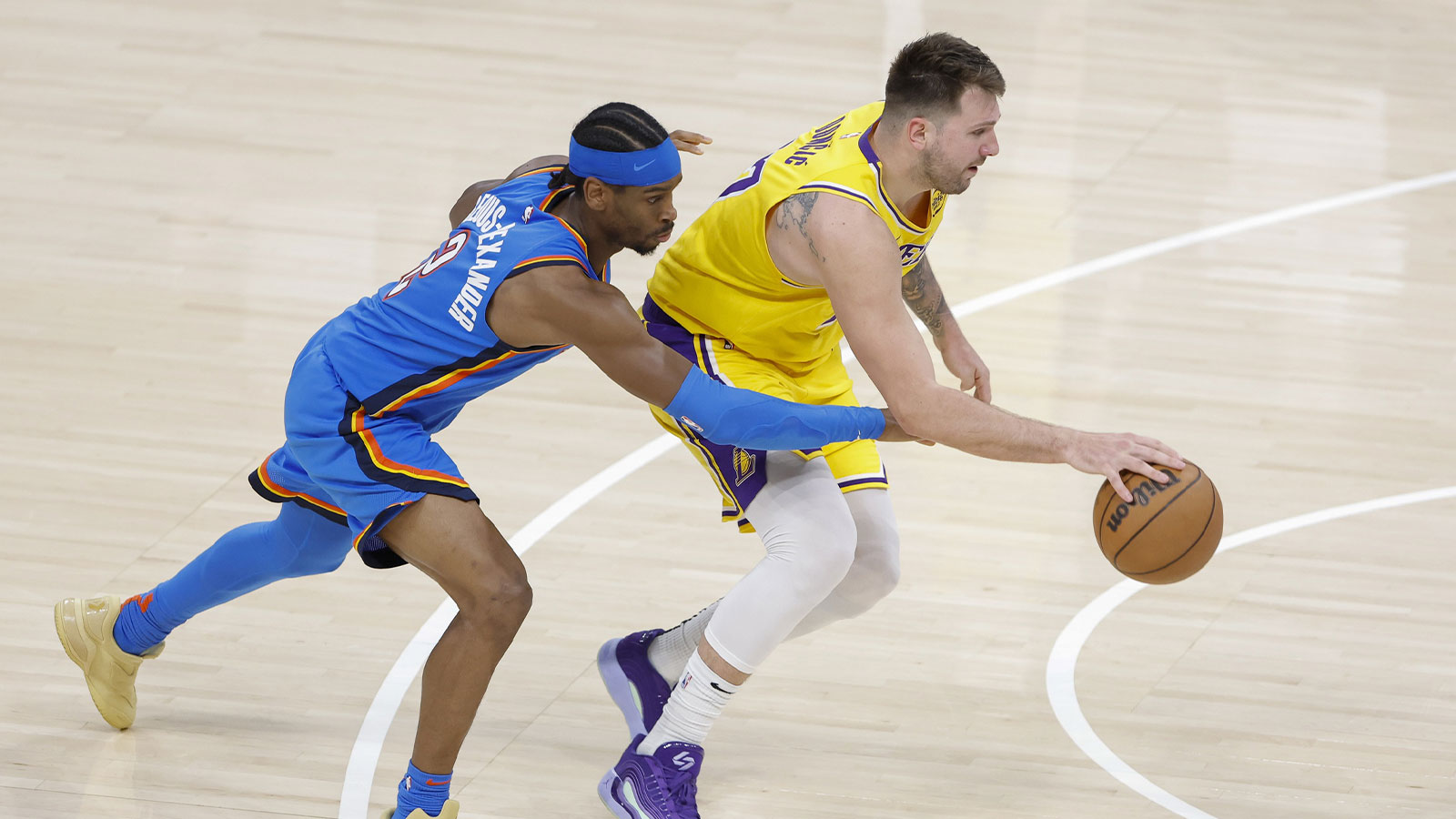The first round of the 2023 FIBA Basketball World Cup is finished, and things are starting to heat up. The best teams in the world have moved on, and games are sure to get more competitive. With second-round games starting Sept. 1, this article will explain everything you need to know for this year's FIBA World Cup's second round.
FIBA World Cup second round: Format
Round 2 of the FIBA World Cup is a continuation of group play. In Round 1, there were eight groups (A-H), with four teams in each group. Each team played the other teams in their group once. The top two teams from each group have now advanced to the second round.
In Round 2, four new groups have been made. Groups I, J, K, and L are the new groups. Each team will play two games guaranteed against the teams in their new group that they haven't faced yet.
The records in Round 2 will be a continuation of a team's record from the opening round. There will be a total of 16 games in this round, and the top two teams from each group will advance to the quarterfinals.
FIBA World Cup second round: Teams
Group I
Serbia (3-0)
Dominican Republic (3-0)
Italy (2-1)
Puerto Rico (2-1)
Group J
USA (3-0)
Lithuania (3-0)
Montenegro (2-1)
Greece (2-1)
Group K
Slovenia (3-0)
Germany (3-0)
Australia (2-1)
Georgia (2-1)
Group L
Canada (3-0)
Spain (3-0)
Brazil (2-1)
Latvia (2-1)
FIBA World Cup second round: Schedule
Second-round games will be played on Sept. 1, and Sept. 3.
Sept. 1 games
Serbia vs. Italy, 4 a.m. ET
Germany vs. Georgia, 4:30 a.m. ET
USA vs. Montenegro, 4:40 a.m. ET
Spain vs. Latvia, 5:45 a.m. ET
Dominican Republic vs. Puerto Rico, 8 a.m. ET
Slovenia vs. Australia, 8:10 a.m. ET
Lithuania vs. Greece, 8:40 a.m. ET
Canada vs. Brazil, 9:30 a.m. ET
Sept. 3 games
Australia vs. Georgia, 3:30 a.m. ET
Italy vs. Puerto Rico, 4 a.m. ET
Greece vs. Montenegro, 4:40 a.m. ET
Brazil vs. Latvia, 5:45 a.m. ET
Germany vs. Slovenia, 7:10 a.m. ET
Dominican Republic vs. Serbia, 8 a.m. ET
USA vs. Lithuania, 8:40 a.m. ET
Spain vs. Canada, 9:30 a.m. ET
FIBA World Cup storylines
All 16 of the teams in the second round are on the path to try and win the Naismith Trophy and the title of FIBA World Cup champions.
Team Canada and Team USA have been the most spectacular teams to this point in the tournament. The two teams were first and second in Round 1 scoring, respectively. The two squads have the most NBA talent in the tournament, and while it was assumed that the Americans could easily run away with a tournament victory, Team Canada might have something to say about that.
The Canadian squad is stacked with talent, especially on the defensive end. Dillon Brooks, Luguentz Dort, and R.J. Barrett form an elite defensive trio, and they are led on the offensive end by one of the best-scoring talents in the world, Shai Gilgeous-Alexander.
Team USA has plenty of talent in their own right. Anthony Edwards and Paolo Banchero have been unstoppable for the team. Head coach Steve Kerr inserted Josh Hart into the starting lineup before their last game against Jordan, and it led to their most dominant performance of the tournament. The American squad is clearly heating up as they find more and more chemistry together.
While the Americans are expected to handle business in their first game of Round 2 against Montenegro, Team USA's second game will be against Lithuania, a team that hasn't lost yet in the tournament and is led by Jonas Valanciunas.
Serbia appears to be the third team above the rest of the pack. Along with the USA and Canada, they are the only other team to average triple-digit scoring numbers (104.7 points per game). They are led by Bogdan Bogdanovic and Nikola Jovic.
Classification round 17-32
The 16 teams that did not advance to the second round after the first round of play are now playing in the Classification Round 17-32. While they can't win the FIBA World Cup, there are still massive implications on the line for these teams.
Olympic hopes and dreams will be front and center for these games. Top teams from the Classification Round 17-32 can qualify for the Paris 2024 Olympic Games. Eight teams from the Classification Games 17-32 can also secure qualification into the FIBA Olympic Qualifying Tournaments.

